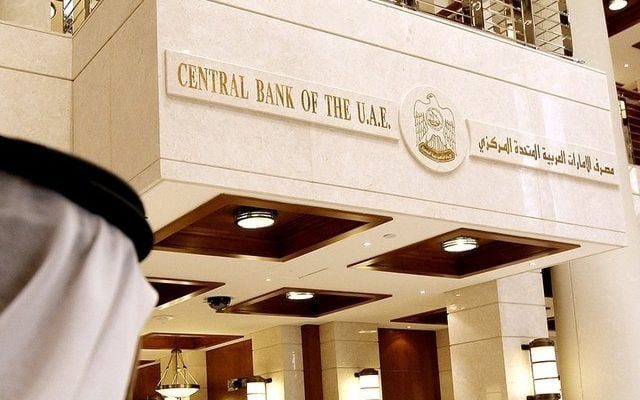The Central Bank of the UAE highlights robust financial fundamentals, record asset growth, and rising global rankings across banking and Islamic finance sectors.
UAE Banking Sector Records Exceptional Growth in 2024
The UAE’s banking sector achieved a significant milestone in 2024, with total assets rising by 12% to reach AED4.56 trillion ($1.24 trillion). According to the Central Bank of the UAE (CBUAE) annual report, this growth cements the country’s position as the leading banking hub in the Middle East. The sector’s foundation remains strong, supported by high capitalization, consistent profitability, stable reserves, and ample liquidity.
The report also noted a strong performance from the insurance sector, with total gross written premiums climbing to AED64.8 billion.
“Our transformative initiatives and projects launched in 2024 have enhanced the efficiency and competitiveness of the financial sector, helping build a more resilient and sustainable financial system,” stated Khaled Mohamed Balama, Governor of the CBUAE.
UAE Banking Assets: Economic Momentum to Continue Into 2025
In parallel with the banking sector’s performance, the UAE’s economy expanded by 3.9% in 2024, propelled by both oil and non-oil sector growth. Notably, non-oil foreign trade increased by 13.8%, exceeding AED2.8 trillion, largely driven by Comprehensive Economic Partnership Agreements (CEPAs).
The CBUAE projects a faster growth rate of 4.7% in 2025, signaling confidence in the nation’s diversified economic strategy and its long-term resilience.
Strategic Reforms and Initiatives Drive Stability
To safeguard long-term stability, the CBUAE raised capital reserves in 2024, reinforcing the banking sector’s buffer against global economic fluctuations. Additionally, it enhanced stress testing mechanisms and evaluated climate-related risks to financial institutions.
In a major regulatory success, the UAE exited the Financial Action Task Force (FATF) “enhanced monitoring” list, a result of the central bank’s rigorous efforts against money laundering and terrorist financing, in collaboration with both federal and local entities.
Global Recognition and Fintech Advancements
As part of its broader vision to become one of the world’s top central banks, the CBUAE achieved several milestones in 2024:
- Advanced from 6th to 3rd in global Islamic finance rankings.
- Won the Leading Federal Entity Award at the Mohammed bin Rashid Government Excellence Awards.
- Earned the “Pioneering Model” title in the Global Cybersecurity Index.
The CBUAE also rolled out key components of its Financial Infrastructure Transformation (FIT) program, including:
- Jaywan: The UAE’s new domestic card scheme.
- Aani: An instant payment platform.
- Open Finance regulation: A global first.
- Virtual stablecoin supervision: Introducing licensing and oversight systems.
- Electronic “Know Your Customer” (eKYC) platform.
- Sanadak: The MENA region’s first independent ombudsman unit to handle banking and insurance disputes swiftly.
Emiratization and Sustainable Finance Take Center Stage
Emiratization remained a central strategic focus for the CBUAE in 2024. Licensed financial institutions exceeded their targets, with UAE nationals in employment rising by 152.9% to 2,866. The number of Emiratis in leadership roles also increased to 7,886, marking a 20.22% year-on-year growth.
The CBUAE also launched the development phase of its Sustainable Monetary Sukuk program, with the initial phase dedicated to assessing market feasibility and economic impact.
“We will continue working diligently to solidify the UAE’s global financial leadership and build a vibrant future for the financial sector. This reflects global confidence in our economic vision and reaffirms our commitment to sustainable development for future generations,” Balama concluded.


